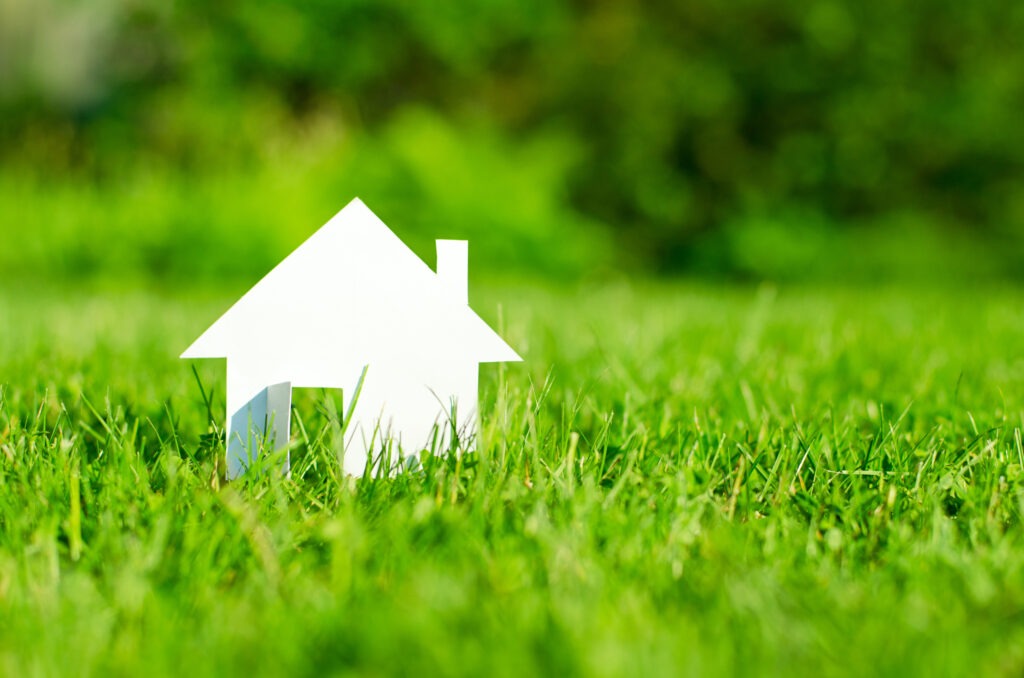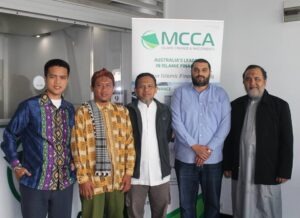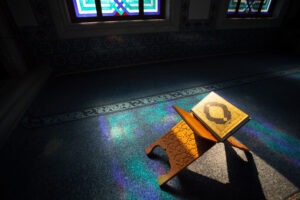What exactly are Islamic mortgages and how do they work? As one of the most asked about and debated on topics in the field of Islamic finance, here is an all-inclusive guide to Islamic mortgages
For many Muslims looking to buy a house, trying to find a halal way to secure a home loan can be difficult, especially in countries where laws differ from the Shariah.
However, today, there are several financial institutions across the world, including in Western nations such as the UK, USA, Canada and Australia, that can offer Islamic or Shariah compliant mortgage services for Muslim families and communities that are compatible with local laws.
So what exactly are Islamic mortgages and how do they work? As one of the most asked about and debated on topics in the field of Islamic finance, here is an all-inclusive guide to Islamic mortgages, explaining their workings and how to make an informed decision about this vital financial step.
How Do Islamic mortgages Work?
Shariah compliant mortgages are home or property finance contracts that involve no interest. Broadly speaking, they come in three types: Diminishing Musharaka-based, Murabaha-based, and Ijarah-based mortgages.
Diminishing Musharaka-based Mortgages
In a diminishing Musharaka-based mortgage, the financier (the bank or financial institution) and the customer enter a partnership with a joint ownership of the property. The deposit you put down will be the part of property you own, while the amount owing is paid for and owned by bank. For example, if you put down a 20% deposit, you own 20% of the property, and the bank pays the rest, owning 80%.
Since the customer is living in the house, the financier will rent their share of the property for an agreed amount. The customer would also pay extra to the bank to secure the financier’s share of the home over a fixed period of time.
Overtime, the customer will gradually buy out the property from the financier, which increases their their property ownership and decreases the amount they pay regularly as rent. Once the financier’s share has been bought out, the customer will have full ownership of the property.

Murabaha-based Mortgages
Murabaha-based mortgages is a sale contract where the financier (the bank) will purchase the house on behalf of the customer, and sell the house to the customer on mark-up (profit) price. The customer repays the financier over time in an agreed number of instalments. The customer can also pay off the financier early but the financier is not required to give them a profit rebate (partial refund) under the agreed contract.
While this type of mortgage is not widely available for residential properties in Australia due to its incompatibility with Australian laws, it’s commonly used for residential and commercial mortgages in the Middle East and Malaysia.
Ijarah-based Mortgages
Ijarah-based mortgages, also called Ijarah Muntahia Bittamleek (lease to own), is a lease agreement with the option for the customer to own the leased property at the end of the contract.
In this lease/rent ending in ownership agreement (also referred to as an Ijarah agreement), the financier purchases a property on behalf of the customer and then leases it back to the customer. The customer will make the agreed rental payments until the end of the contract or until the property has been paid in full, where legal ownership of the property will be transferred to the customer.
Can Islamic Mortgages Become More Mainstream?
Although the theory behind Islamic mortgages applies worldwide, it is worth noting that their adoption and structure can vary due to tax implications and customary practices in different countries.
While some critics argue against Islamic mortgages for their costliness or their structural similarity to conventional mortgages, it’s essential to understand the unique challenges and circumstances faced by Islamic banks and financial institutions. They operate in a niche market and have to attract savers with attractive rates, which can push up the price of their mortgages. Furthermore, they face regulatory hurdles, as the existing framework is designed for interest-based conventional banks and financial institutions.
Nonetheless, with increasing awareness and uptake, the costs of Islamic mortgages can decrease over time, becoming more competitive.
As always, we at MCCA are committed to providing you with the most ethical and Shariah-compliant financial solutions available. For a wide range of products available for different property financing needs, contact us to start your Shariah compliant home ownership journey today.





